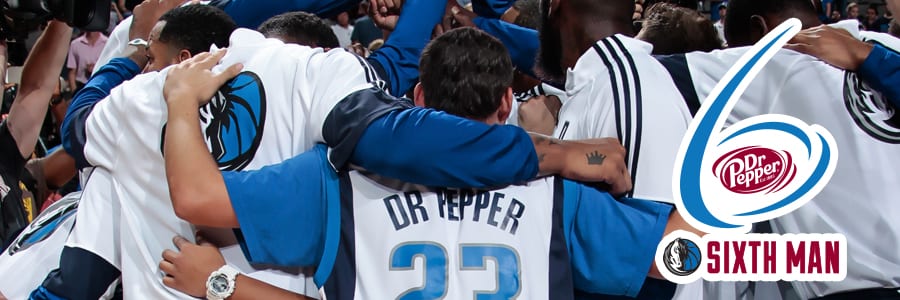by Alexis Sidney – October 2015 Successful sales teams build strong relationships. Client relationships are important. Building strong relationships within the company and specifically with the marketing department is also important. Marketers support revenue generating goals by crafting a strong and memorable message, building an effective and integrated promotional plan, and reaching beyond the typical…Continue Reading Help us help you: How to utilize your marketing team to grow sales
Help us help you: How to utilize your marketing team to grow sales



